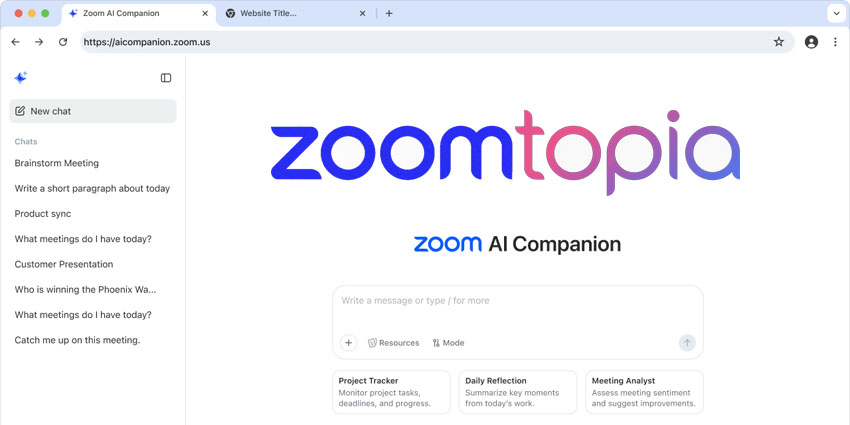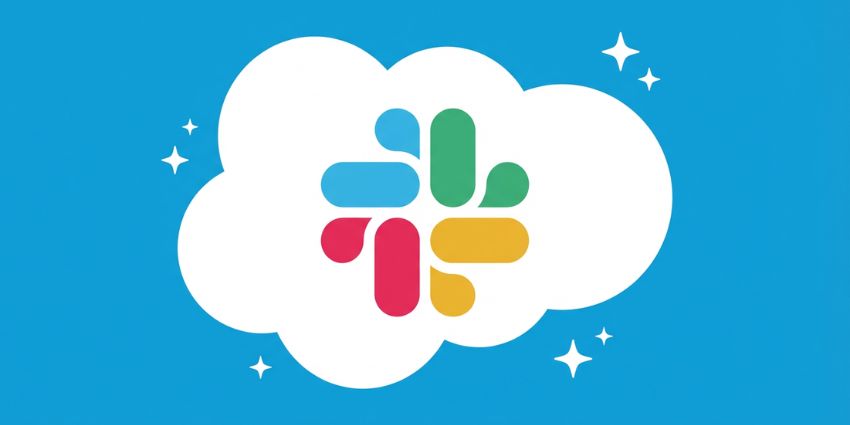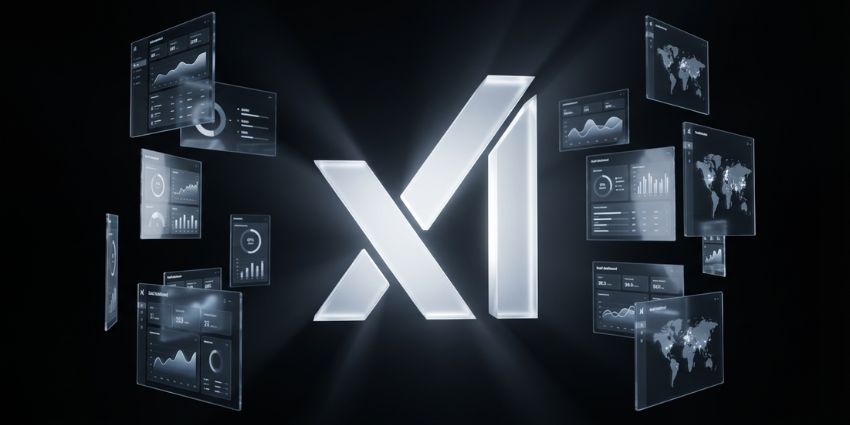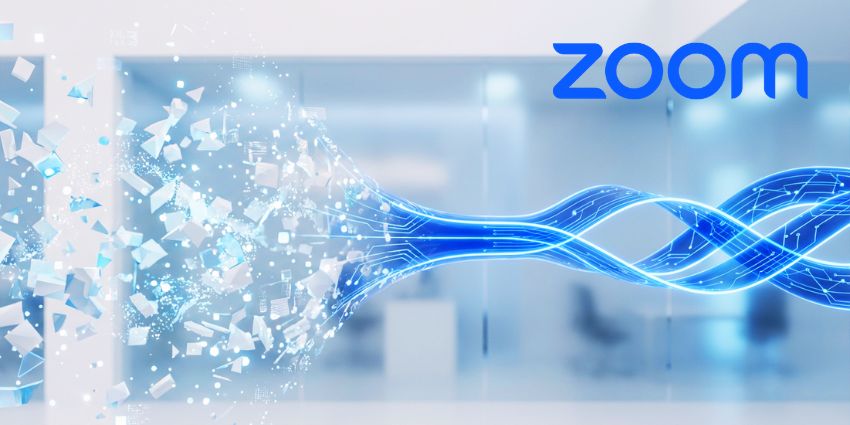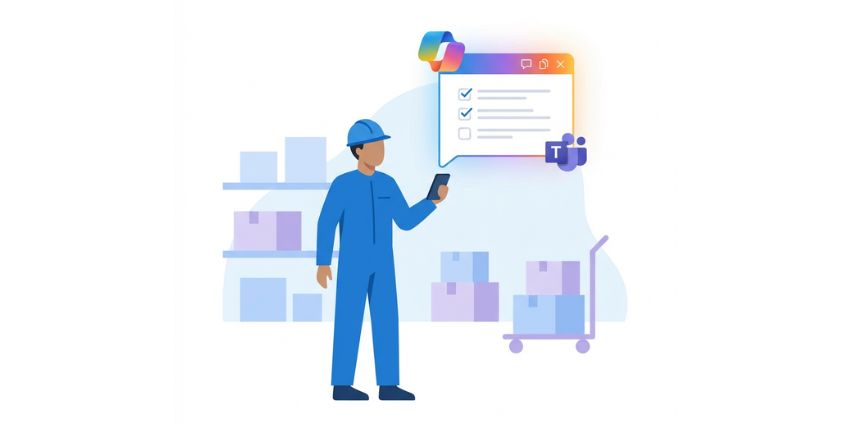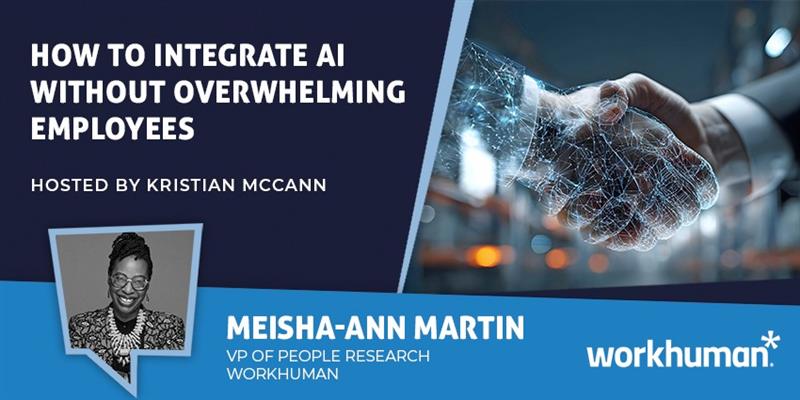Zoom has unveiled AI Companion 3.0, one of the most ambitious AI-driven updates yet to its collaboration platform.
It promises to move from passive note-taking and assistance to proactive, context-driven action, encompassing such compelling new features as agentic retrieval, an expansion of note-taking capabilities to cover third-party solutions including Microsoft Teams and Google Meet, and an AI-powered function that suggests which meetings in your calendar can be skipped.
For IT leaders tasked with streamlining collaboration stacks and finance, estates, and HR directors facing growing pressure to improve efficiency without ballooning costs, the update represents a decisive step in what Zoom’s agentic AI revolution is pitched as: AI that doesn’t just summarise conversations but drives them to completion.
“Around the world, millions of people are using Zoom to connect with their colleagues and customers, but they could be getting so much more out of those conversations with the help of AI,” said Smita Hashim, Chief Product Officer at Zoom.
AI Companion 3.0 will provide deeper insights from their conversations to help them get more done at work and drive better business outcomes, regardless of whether they’re working in Zoom Workplace, in person, or across compatible apps and integrations.”
What Are the Most Eye-Catching Features
AI Companion’s note-taking capabilities have been extended to cover in-person meetings and third-party platforms such as Microsoft Teams and Google Meet, with Cisco Webex support to follow. Users can also jot down quick thoughts during a session and have the AI refine them into structured notes and action items.
Agentic retrieval, arriving later this year, will allow users to search not only across Zoom Workplace but also within Google and Microsoft environments if enabled. Instead of manual digging, the tool brings up relevant documents and past conversations to support ongoing work. For time-poor managers, these refinements should make keeping track of discussions and outcomes less onerous.
Another eyebrow-raising new option, “free up my time,” analyses calendars, roles and tasks to suggest which meetings can be skipped. Users can then request AI-generated notes from the host to stay informed. The feature is pitched less as a radical rethink of meetings than a practical way to reduce diary overload.
Small Efficiencies Across the Workday
Beyond meetings, AI Companion 3.0 introduces scheduling support that accounts for time zones, holiday calendars and availability across internal and external contacts. The assistant can also provide meeting preparation prompts, agendas, past actions and key insights, so users spend less time assembling context.
Other upcoming features focus on keeping conversations structured. AI Companion will soon offer nudges to help track agenda items and steer discussions back to decisions and next steps. For hybrid workplaces, the new “Zoomie Group Assistant” will let users ask group-level questions in chat or by voice in Zoom Rooms and handle practicalities like booking or controlling meeting spaces.
Together, these skills do not overhaul workflows, but they offer a series of small adjustments that may collectively save employees time and attention.
Tailoring with Custom AI Agents
For IT decision-makers, the Custom AI Companion add-on is potentially the most strategic element of this release. Through Zoom AI Studio, admins can configure and test bespoke agents, drawing on internal knowledge bases and app integrations.
The platform supports Model Context Protocol, enabling plug-and-play integration with tools such as SharePoint and ServiceNow. Later this year, Zoom plans to enable collaboration between its agents and ServiceNow’s own AI agents. For organisations that want AI tools shaped around their specific systems, this flexibility could be the most tangible advantage.
Practical Use Cases Across the Business
For IT teams, AI Companion 3.0’s cross-platform retrieval and scheduling options could reduce time lost to context switching, while custom agents offer more control over how data flows across different environments.
Finance departments may find note-taking and retrieval particularly useful when preparing for reviews or audits, where scattered details often need to be drawn together quickly. HR leaders could see incremental benefits in interview scheduling, onboarding, and performance check-ins, where automated prompts help managers maintain consistency.
In estates and facilities, proactive nudges around room bookings and meeting conflicts are a modest but potentially helpful way to make better use of physical office space.
A Steady Rather Than Transformative Update
AI Companion 3.0 illustrates how workplace AI is developing in steady, manageable steps rather than through sweeping disruption. For tech buyers and leadership teams, the value lies less in any single feature and more in the accumulation of conveniences that ease the friction of day-to-day work.
The update reinforces Zoom’s positioning in the AI market: not as a radical reinvention of the workday, but as a platform layering incremental efficiencies onto existing communication and collaboration tools.
For all the latest news, updates, and analysis of Zoomtopia 2025, please follow our running story, which compiles everything you need to know!
